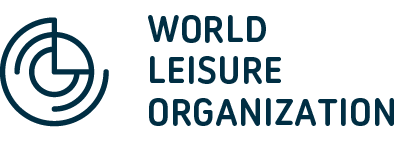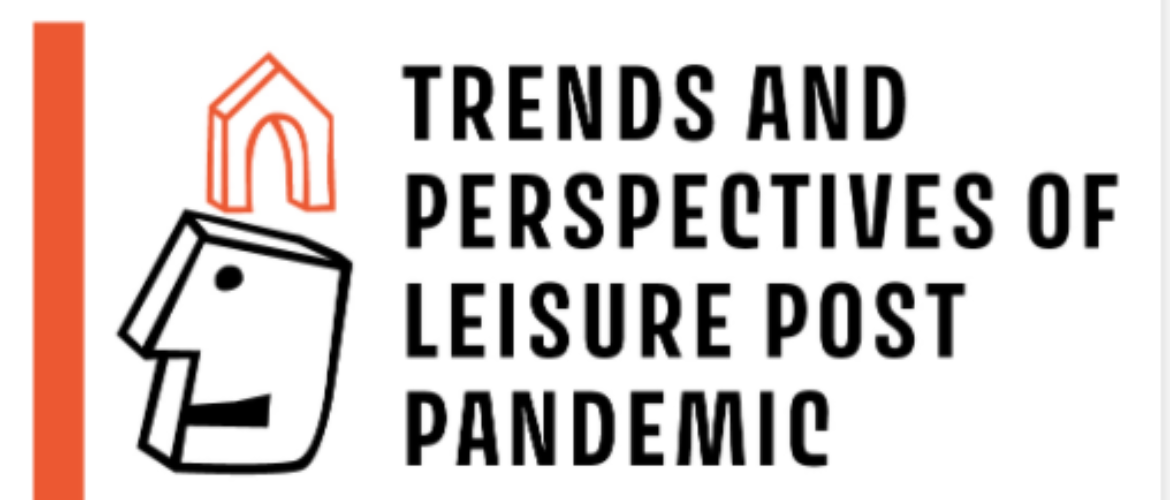Sesc – Social Service of Commerce is a brazilian private organization supported by entrepreneurs in businesses, tourism and services, and its main objective is to provide wellbeing and quality of life to professionals working in these sectors and their family members. SESC’s initiatives stem from a solid cultural and educational project that has borne the mark of innovation and social transformation since it was established by the business and services community in 1946.
Sesc’s network in the state of São Paulo includes 43 centers dedicated to culture, sports, health and food, children and youth development, senior citizens and social tourism, among others.
However, considering the COVID-19 pandemic, the Sesc’s centers suspended their presential activities in March 2020, starting to promote numerous digital actions on different social networks and platforms, aiming to keep active the links with our members – and to promote artistic entertainment presentations, physical activities guided by professionals and formative/educational activities for all community, in all subjects and areas acted by Sesc.
In leisure field, some of these formative activities were promoted by webinars, debates and a documentary exhibition, based on the reflections launched during the 2018 World Leisure Congress, held at Sesc Pinheiros center, in São Paulo.
On December 10th, 2020, in order to highlight the importance of thinking about studies and practices in the leisure field after the COVID-19 pandemic –since this phenomenon goes beyond previously known borders, such as those apparently existing between the real and the virtual, the public and the private space, work and free time, among many others– Sesc and WLO promoted the ‘Ibero-American Debate online: Leisure in New Times’, bringing together five leading researchers from Brazil, Spain, Chile, Uruguay and Mexico. About 200 participants joined the event, from Brazil, Mexico, Guatemala, Costa Rica, Argentina, Chile, Colombia, Cuba, Ecuador, Peru, Uruguay, Venezuela, Spain, Nigeria, Germany and Romania. Among the topics covered, scenarios and perspectives of leisure in the current context caused by the COVID-19 pandemic and their effects in the socio-cultural and economic aspects were debated, especially considering the reality in Ibero-America.
The main aspects discussed and which are relevant to emphasize are: the possible transformations of leisure from other enjoyment forms, considering the different contents like digital leisure, sportive practices, manual practices and bricolage and others; the new perspectives on concepts, meanings, and space of this phenomenon in daily life; a possible increase in the barriers to access due to the worsening of the economy, age and gender inequalities; new implications due to home/office working; the incorporation of practices hitherto not assimilated as leisure and which, because of staying at home, became ways for self-knowledge and personal development; the valuation of relationships and simple things; the commercialization of leisure; leisure experienced through social networks vs. the overuse of screens and their implications; and the necessity of creativity in creating new leisure practices.
Social life, in general, was quite affected due to isolation, and the implications that the pandemic has also brought to the living conditions cannot be ignored, such as work and non-work, violence, and mental health. Several countries faced these issues, and each of them tried to find strategies that could serve for learning and/or inspiration for each other. In the leisure field, institutions, organizations, and the community mobilize to critically analyze the process experienced and think about new perspectives for a still uncertain future.
In this way, some questions need to be further and deeply analyzed, such as:
considering that people developed different relations with leisure experiences during the pandemic, how to guarantee –as professionals in the leisure filed– that the new leisure experiences can be enriching for all?
once the relationship between public spaces and private spaces was totally changed during this moment, how to think about sustainability and the care for the environment during leisure practices, especially adventure or leisure practices on nature?
we agree that leisure is a powerful strategy to keep and improve the quality of life and wellbeing for all. But can we affirm that leisure experiences in this isolation moment are being real opportunities to exercise the critical sense and creativity to most people?
These and other questions could base other encounters and future debates, not only in Ibero-America but also all over the world. One aspect that cannot be missed is that, probably, the concept of ‘leisure’ needs to be revisited and updated after this pandemic. We are excited with the possibility to keep this conversation!
Regiane Cristina Galante
Mediator in the Ibero-america Debate, PhD in Leisure Studies from Campinas University and Deputy Manager of Sesc São Carlos, a Sesc Center in the State of São Paulo. (Brazil).
Invited Speakers:
Adriana Estrada González
PhD in Leisure and Human Development from the Universidade de Deusto, Spain.
Professor at the Faculdade de Administração da Universidad de Monterrey (Mexico).
Andrés Ried Luci
PhD in Leisure and Human Development at the Universidad de Deusto.
Professor at the Pontificia Universidad Católica de Chile, at the Villarica Campus (Chile).
Christianne Luce Gomes
Doctor in Education, and post-doctor in Political and Social Sciences.
Professor at the Universidade Federal de Minas Gerais (Brazil).
Cristina Ortega Nuere
Chief Academic and Operational Officer of the World Leisure Organization (WLO)
Professor at the masters’ course at Universitat Oberta de Catalunya (Spain).
Ricardo Lema Álvarez
PhD in Leisure and Human Development from the Universidade de Deusto, Spain.
Professor and Coordinator of the Course of Educational Recreation at the Universidad Católica del Uruguay (Uruguay).





Leave a Comment